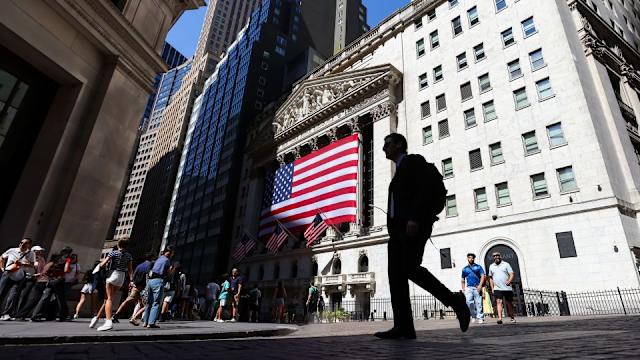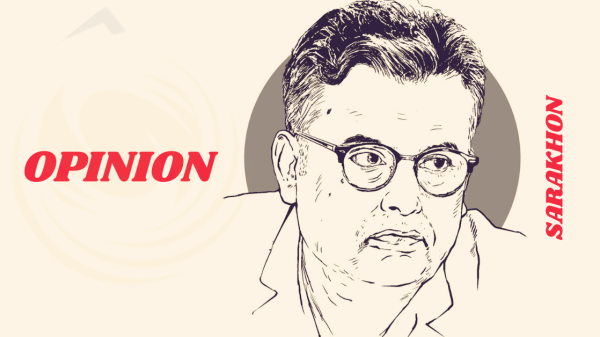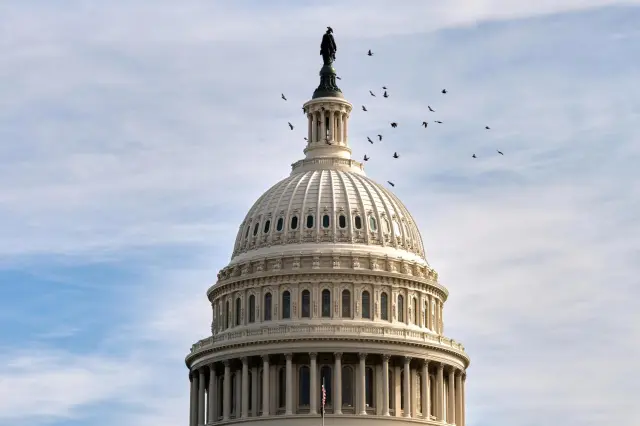WHEN STOCKS SOAR, ONLY SOME AMERICANS FEEL RICH

Wealth effect splits the consumer story
The Wall Street Journal reports that Americans who own stocks — especially those overweight in this year’s AI winners — are feeling flush enough to upgrade homes, donate more, and plan trips, even as headline economic sentiment stays sour. That’s because a 14% run-up in the S&P 500 and trillions in added household wealth have created a classic “wealth effect”: people spend more when their portfolios look bigger, even if they are not selling. The problem, economists told the paper, is that only about one in five households owns enough equities to notice. For the rest, inflation and patchy job growth still define daily life. This bifurcation explains why luxury furniture, premium travel and second homes are moving, while discount retailers complain of “exhausted” customers. It also helps the Federal Reserve read the data: strong spending at the top can mask fragility lower down, so policymakers will watch whether any shutdown-related GDP hit widens the gap. If markets correct, that confidence could vanish just as quickly.
Why it matters for 2026 planning
For brands and city economies, the takeaway is to segment aggressively. Households buoyed by stock gains are primed for experiences — destination dining, performance EVs, high-end home upgrades — and are less price-sensitive right now. Middle-income families, however, are trading down, delaying repairs and hunting for financing deals. The Journal notes that a few respondents are even using appreciated stock to fund charity, signaling that feel-good wealth can spill over into civic life. But all of it rests on a narrow base: AI-linked valuations, a still–high market multiple, and the expectation that rate cuts will arrive before growth rolls over. If any of those assumptions break — a deeper U.S. government shutdown hangover, weaker earnings, or geopolitical risk — then the spending most visible to retailers could fade. Until then, officials will be stuck describing a two-track America where surveys say “we’re anxious” but card data says “we’re spending.” It is a reminder that 2025’s recovery is as much about asset prices as it is about paychecks.




















